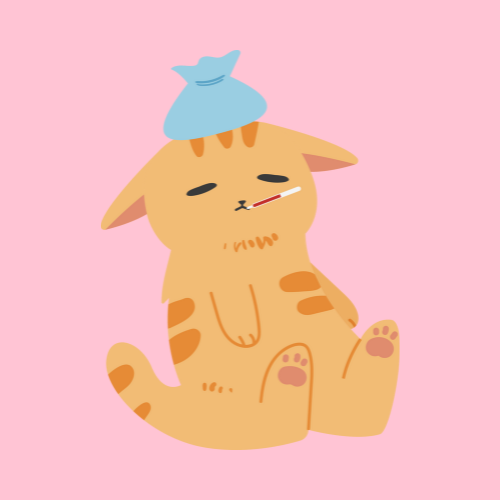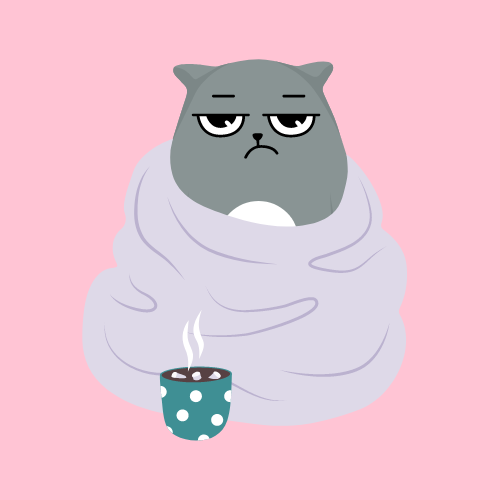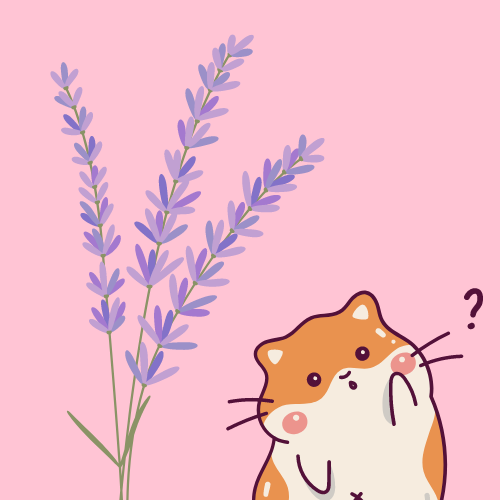Our feline companions are susceptible to a wide range of health issues, some of which call for a trip to the veterinarian. It is not unexpected for cats to lose their appetite after going to the veterinarian.
This conduct may be an indication of stress or disease. It is essential to watch your cat’s behavior and talk with your veterinarian if they are not eating after a doctor’s visit.
Several reasons your feline companion may not be eating after a trip to the veterinarian. It may be sick or stressed from the vet appointment. If your cat is generally an excellent eater but suddenly stops eating, you must pay attention to any other behavioral changes that may have occurred.

This article explains why your feline companion may not eat after a vet visit and what you can do to assist.
Why Is My Cat Stressed at the Vet?
Most pet cats have sheltered lives with fixed routines that don’t include travel. The majority of cats find going to the veterinarian to be an extremely stressful event. The cat is taken from its habitat, generally violently shoved into a carrier, transported in a noisy automobile to the veterinarian’s office, and placed in a reception room with strong pet and human odors. After that, they are brought to an examination room where they are examined by an unknown individual and given a variety of therapies. It is not surprising that your cat gets afraid or worried when all of these factors simultaneously exist.
Reasons Why Your Kitty Is Not Eating Even After Veterinarian Visit
Food Aversion
Some foods that kitties associate with sickness might lead them to lose their appetite.
When a sick cat is given a specific meal repeatedly, or even when the cat is forced into eating the food, the cat can develop a food aversion. The cat will avoid eating that food since it is connected with a feeling of sickness.
Stress
A cat may avoid eating as a result of stress as well as other behavioral difficulties (depression and anxiety, all of which can be prompted by changes in their environment).
If you own more than one cat, give each one its own food bowl. If your cats are scared or aggressive, feed them separately.

Recent Vaccination
Have you seen that your cat suddenly lost its appetite immediately after you took it to the veterinarian for its routine vaccinations? If this is the case, a bad reaction to the injections might cause your cat’s refuse to eat. Vaccines have secured the lives of millions of animals, yet they can also produce adverse reactions in the cats who get them. Appetite loss is a typical, minor adverse effect.
Indigestion
If your kitty suffers from indigestion, it will refuse food and drink. Indigestion can be caused by a poor diet or eating something they must not have eaten. Foreign substances, such as tumors or ingested items, may also cause indigestion. These foreign materials may cause vomiting/diarrhea.
Gastrointestinal Problem
If your cat has stomach problems, it might be hard for him or her to eat. This might be due to any one of several underlying health problems that are taking place in your feline’s gastrointestinal tract, including the following:
- Malignancy
- Pancreatic inflammation
- Parasites
- Gastroenteritis
- Ulcerative colitis
Travel and Unfamiliar Surroundings
Just like a lot of people, a large number of felines are creatures of routine. Therefore, a shift in one’s typical routine might cause a decrease in appetite. In addition, some kitties suffer from motion sickness when they are transported by vehicle or plane, which can cause them to feel sick and refuse to feed throughout the journey. Check out a full list of reasons why cats stop eating here.
- Why Does My Cat Bite Me in the Morning? [Top 5 Reasons]
- What Smells Do Cats Hate?
- My Cat Is Stressing Me Out [Full Guide]
- Why Do Cats Bring You Their Kittens? [Full Explanation]
How to Encourage Your Kitty to Eat More?
Do not wait to see whether a cat’s appetite will improve. Cats who go for more than a day or two without eating are in danger of developing a disease known as fatty liver, which can lead to the failure of the liver. Fatty liver occurs when the body uses stored fat for energy during anorexia. Fatty liver disease is most common in overweight or obese kitties, although any cat is at risk for developing the condition.
You can use a few different approaches to determine whether or not your cat will start eating normally again.
- Monitor their Behavior
If your cat stops eating, watch for other changes. These include drinking, energy, and toilet behaviors. Any alterations in these areas should urge you to visit your veterinarian since they might point to a more severe problem.
- Check Their Mouth
One of the reasons why your feline companion may not be eating is due to pain. It’s typical for cats to have sore lips after a visit to the veterinarian due to the inspection or any operations performed. Check their mouth for sores or redness that might be giving them pain. If you see anything, you should contact your veterinarian straight soon.
- Try Different Foods
If your cat is generally an excellent eater but has stopped eating for no apparent reason, you should try providing them with different kinds of food. Because cats tend to be fussy eaters, it’s possible that the food you provide them won’t appeal to them. If they don’t eat dry food, try wet food, and if that doesn’t work, try feeding them some human food.
- Give them their Space
After a trip to the veterinarian, your cat may require some time to calm down and recover. As kitties are creatures of habit, disrupting their routine might cause them to worry. Allow them the space to heal and be there for them when they’re ready to speak.
- Offer them their Favorite Treats
If you notice that your cat is not eating, you might try giving them some of their favorite snacks or treats. This may make them feel better and encourage them to eat more. To make them happy, provide them with their favorite treats.
- Try a Calming Supplement
You might wish to give your cat a soothing supplement if you think the trip to the veterinarian will cause them stress. Several products are present that can assist in calming your kitty and reducing the amount of stress they are experiencing.
- Keep Them Comfortable
Ensure that your feline buddy has a relaxing and pleasant area to rest. They will feel more at ease and protected if you provide them with a warm bed or blanket. Additionally, you may be interested in utilizing a pheromone diffuser to help lower cats’ stress levels.
- Call Your Vet
Calling your veterinarian is the best action to take if your cat is not eating and you are confused about why. They will be able to assist you in identifying the root of the issue and will give you more directions in this regard.

Veterinarian (DVM, MS) Content Writer, Blogger, and WordPress Developer. Working as a pet/animal/bird/fish/reptile/wildlife writer for the past 7 years on many renowned platforms.




